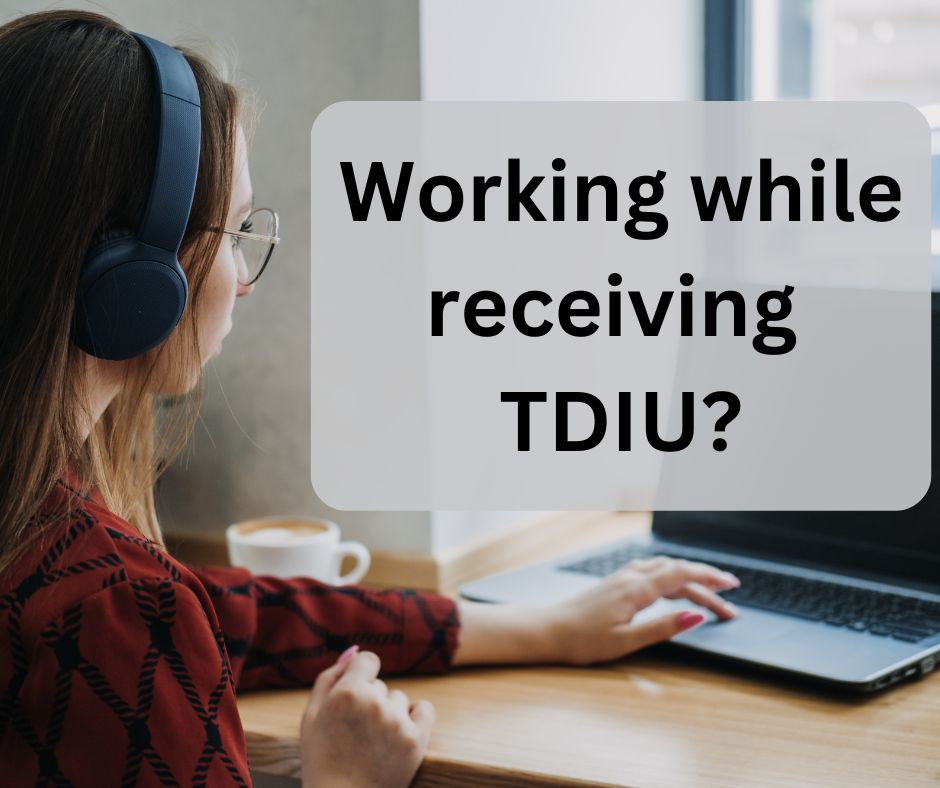Unlocking the Mystery: Can You Work While on TDIU?
For many veterans, the effects of their service-connected disabilities can make it difficult or impossible to maintain employment. That’s where Total Disability Individual Unemployability (TDIU) comes in. TDIU is a type of disability compensation that provides monthly benefits to veterans who are unable to work due to their service-connected disabilities. In this article, we’ll explore what TDIU is, how it works, and how veterans can apply for these benefits.
What is TDIU?
TDIU is a type of disability compensation that provides monthly benefits to veterans who are unable to work due to their service-connected disabilities. TDIU is intended to compensate veterans who are unable to work, even if their disability rating does not add up to 100%. To be eligible for TDIU, veterans must have at least one service-connected disability rated at 60% or more, or two or more service-connected disabilities with a combined rating of 70% or more, with at least one disability rated at 40% or more.
How TDIU Affects a Veteran’s Ability to Work
TDIU is intended to compensate veterans who are unable to work due to their service-connected disabilities. This means that veterans who are receiving TDIU benefits are not expected to be able to maintain substantially gainful employment. Substantially gainful employment is defined as work that is both “substantial” and “gainful.” Substantial work is work that is real and not marginal, while gainful work is work that is typically performed for pay or profit.
There are rules regarding work and TDIU that veterans should be aware of. Generally, veterans who are receiving TDIU benefits are not expected to be able to maintain substantially gainful employment.
When applying for TDIU, you are telling the VA that you cannot maintain substantial gainful employment. Many veterans ask if they are able to work while on TDIU. The answer is yes, but there are certain requirements.
First, regardless of what you may do, you should not make more in the year than the national poverty level (NPL). As of 2024 the NPL is $15,060 for an individual and $20,440 for a family of two. The main thing to remember is to not make over that during a year. Part-time jobs, self employment, or sheltered employment where the employer has made adjustments specifically for you all may be okay. However, the key is to not make over the NPL.

So how do you know for sure if your particular employment would be safe or not? The best way to know is to ask. That’s right, call the VA help line and simply ask. The representatives understand the need and desire to make money, and they can let you know if the work you are wanting to do would be allowable while drawing TDIU.
The Benefits of TDIU
The financial benefits of TDIU are significant. Veterans who are approved for TDIU receive a monthly benefit that is equivalent to a 100% disability rating. This can provide a significant financial boost to veterans who are unable to work due to their service-connected disabilities.

In addition to the financial benefits, TDIU also provides non-financial benefits. For many veterans, TDIU provides the freedom to focus on their treatment and recovery. It allows them to take the time they need to manage their symptoms and improve their overall health and well-being. For others, TDIU provides the flexibility to pursue new career paths that are better suited to their abilities. After preparing for a new career, the veteran may be able to then get employment in a career that he can function in. At that point, it is important to reach out and notify the VA that the TDIU needs to stop so that you don’t end up owing the VA.
How to Apply for TDIU
Applying for TDIU can be a complex and time-consuming process. Veterans who are interested in applying for TDIU should start by gathering all of the evidence they need to support their application. This may include medical records, service records, and other documentation that supports their claim.
Once they have gathered all of the necessary evidence, veterans can submit their application to the Department of Veterans Affairs (VA). The VA will review the application and make a determination regarding the veteran’s eligibility for TDIU.
As always, we urge veterans to reach out to their local Veteran Service Officer (VSO) for help in the application process. Applying for TDIU often requires more paperwork than filing a typical disability claim, and your local VSO can help by guiding you through getting the paperwork properly filled out and then submitting it electronically to the VA.
We hope this answers your questions about being able to work while receiving TDIU. The important number to remember is the National Poverty Level, And again, if you are not sure, call the VA Benefits section at 1-800-827-1000 and ask a representative.
If you have any questions or comments about TDIU and veterans ability to work, feel free to leave them below or email us at info@nwavet.org.







